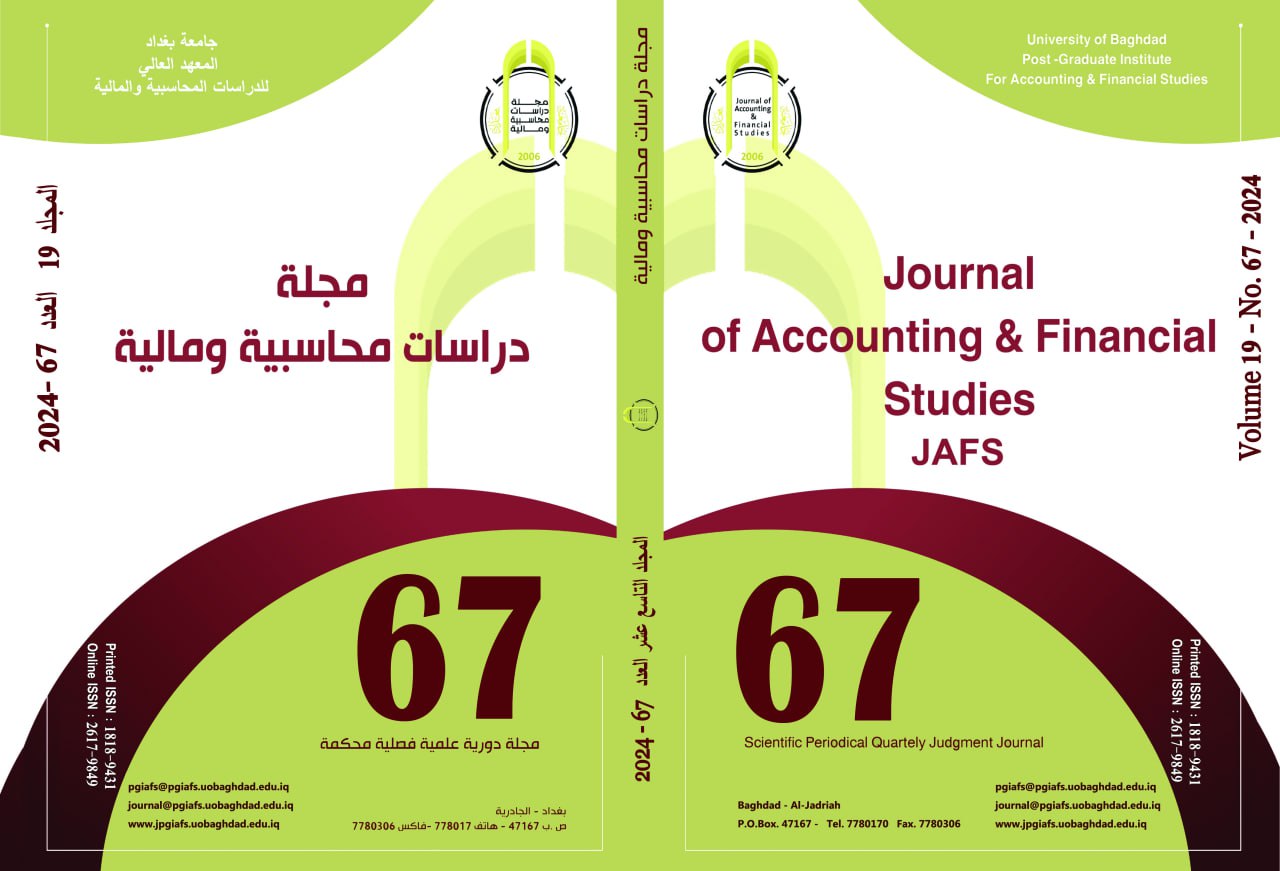The impact of standard costs on profitability industrial companies A case study in the Iraq industrial sector
DOI:
https://doi.org/10.34093/ehahf878الكلمات المفتاحية:
standard costs، cost control، cost reduction، profitabilityالملخص
Abstract:
The primary objective in any industrial organization is to achieve maximum profit. However, the high costs of the production process present a significant challenge for industrial unit management. Therefore, this research aims to revealing the importance of using standard costs in improving profitability, determining the type of relationship between research variables and demonstrate the impact of standard costs on expense reduction and profit maximization., To achieve these goals, the descriptive statistical approach was adopted, so the sample consisted of 110 technical and administrative managers. Depending on the results of the research, there is a high agreement between the opinions of the research sample members about the importance of the standard cost method in achieving the company's goal, and the correlation coefficient R showed a strong correlation between standard costs and cost reduction by (86%) and the level of profitability by (89%), and the research also found from the R-Square determination coefficient that the independent variable explains the change in cost reduction by 74% and profitability by 80% and the remaining variables did not address the model.
The research also includes a set of recommendations, including urging industrial sector companies to establish secure foundations when implementing standard cost methods in light of target costing, as an alternative to traditional cost standards that overlook market fluctuations and the costs of competitors' products.
التنزيلات
منشور
إصدار
القسم
الرخصة
يتمّ نقلُ حقوق النّشر إلى المجلّة عند إخطار الباحث بقَبول بحثه المقدّم للنّشر في المجلّة.





